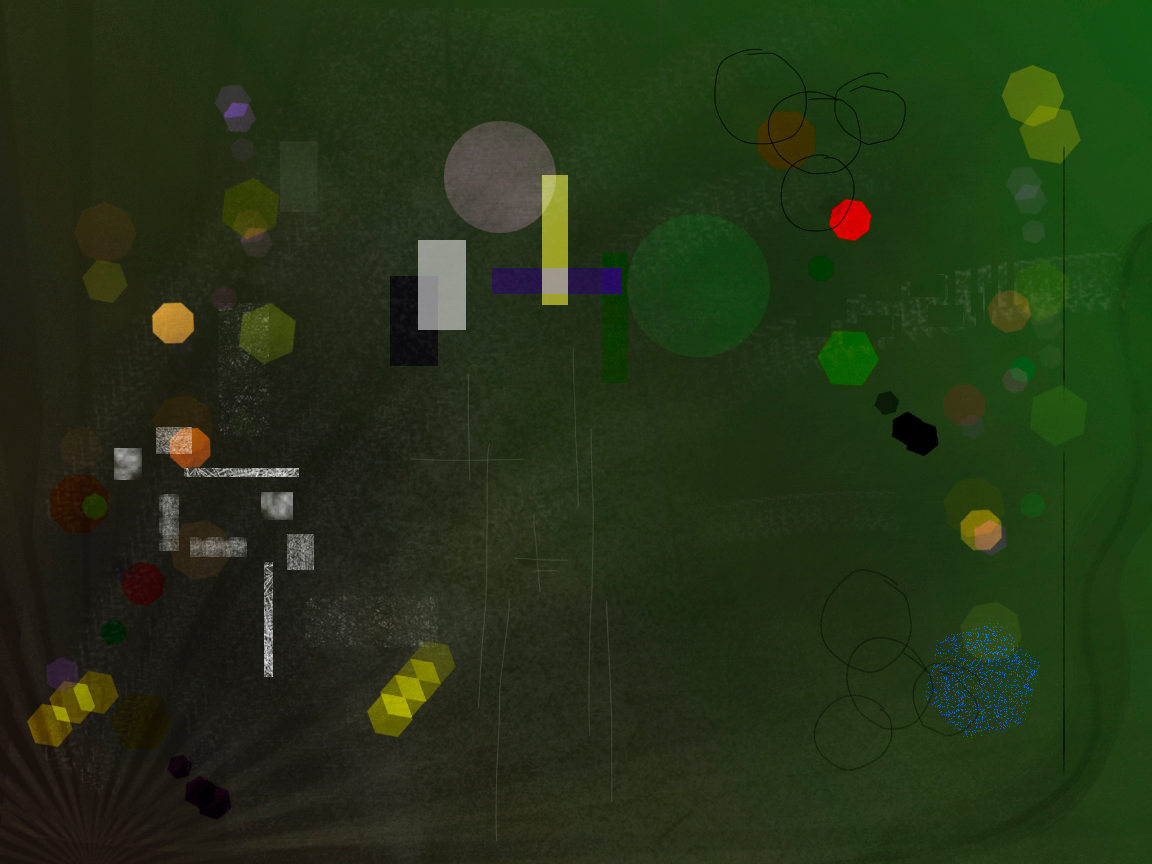The Internet has undergone an evolution as if it were human history itself. It began as a communal time of gatherers and hunters and has become a form of reigns of the Bronze Age.
The neo-liberal era has vectors and poles of direction that point to a structure of “local caciques”, where few magnates accumulate the subordination of large groups, articulated very irregularly with the State. This locality is expressed both geographically and by economic sectors. This same scheme has reproduced internet. A new epoch of accumulation of locality, when, in theory, we lived in a global age.
In that sense, the internet has reproduced this structure perfectly. It would be an example of technology shaped by an economic and power scheme.
The need to adhere to poles of importance and attraction is internal to the functioning of social networks. His logic, moreover, strongly emphasizes the feeling of isolation and loneliness if not complied with that precept. In its operation, the flow itself or the relationship have no value unless they are hierarchical.
Social networks are not mechanisms to relate individuals, but rather, instruments of forced creation of hierarchies and groups of monitoring and subordination. There is an “appearance” of horizontality, but really, what they generate are vertical relationships and bags of subordination.
Nowhere can you feel as alone as in the midst of an immensity of people. Loneliness is relative to what surrounds you and the relationship model that is dominant. Under the guise of being a potential ocean of relationships and a call to the virtual relationship; We are subjected to a system of rewards and punishments of “vertical communality” and mocked ontological reality.
The desire to socialize itself is conveyed towards a model that swells, certainly capital (which is mocked those who generate it digitally), in addition to a scheme that feeds bags of power, meaning and superiority.
New forms of “authority” arise, like an ironic laugh for the dream of a horizontality of opinions. A superior authority backed by a digital communality, theoretically voluntary and horizontal. In a clear example of how technological possibilities can open a huge field and yet the historical configuration does not allow its development.
The data generated by one’s “life” becomes capital per unit of time. The users become fertile generators of a product that is alienated, converted into virtual data mediators; producers and limited consumers, of a mass of data privatized.
The constantly created creative capital is constantly alienated. Transformed into forms usable by capital and States. It is no longer the digital “identity” and the traces negotiated as assets, it is a whole mechanism of fixation of behavior, identifiable, individualizable, measurable and ultimately salable and usable. The own way of using and the objectives of its use are already predetermined. An individualized subject is created to adhere to actions, predetermined actions that constitute its attributes are created and so on.
The reality is not “real” if it is not virtualized, the experiences are not, but are shared, the more they are, the more real they will be. Ontologically, the real has been transformed. If in the laboratory it is the devices themselves that give us the mediation with reality, in the digital world reality does not come together until it is included in virtuality. That is why the virtual and digital world of communication networks is our mediation with the “authentic reality” of our time.
In an endless circuit of Reality Show we have to participate simultaneously as actors and spectators of our own existence and that of others. Validated, yes, in its “ontological power” by the received repeatability. (The likes)
In this way it continues to be fulfilled that it is technology that defines the real. And it is their mediation that gives us their contours. However, technologies are daughters of the power of an era and are molded by it.
The model of Reality Show, has become the preferred model of aesthetic representation, to see oneself in the virtual world is the fulfillment of the desire to renew and intensify our own reality in the world. As an evolution of mass media: individualized and globalized at the same time.
It is said that the servant dreamed of being king, in our time we wanted to be televisions and repeat the scheme: single issuer, and multiple and passive receivers. Although technology has allowed different forms, we have not managed to escape from a communication-power scheme that has taught us to relate.
